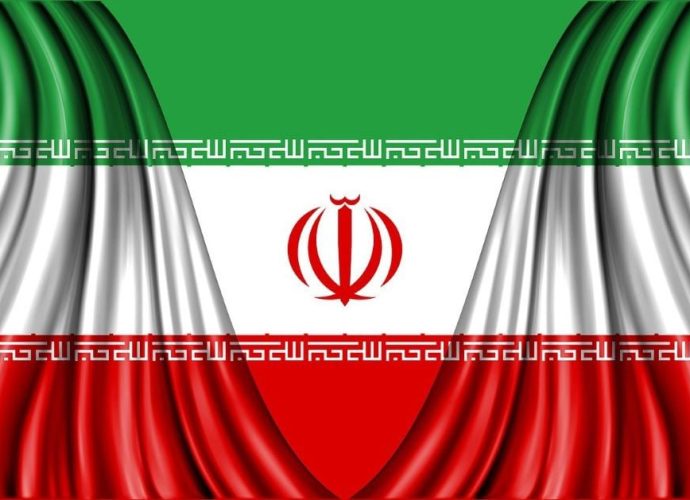Trump pulled the US from the 2015 Iran nuclear agreement, which curbed Tehran’s nuclear operations in exchange for relief.
On Sunday, US President Donald Trump warned Iran with bombardment and secondary tariffs if it did not reach an agreement with Washington on its nuclear program.
In his first comments since Iran refused direct discussions with Washington last week, Trump told NBC News that US and Iranian officials were speaking, but did not explain.
“If they don’t make a deal, there will be bombing,” Trump stated during a phone interview. “It will be bombing the likes of which they have never seen before.”
“There’s a chance that if they don’t make a deal, that I will do secondary tariffs on them like I did four years ago,” said the economist.
Iran responded through Oman to Trump’s letter urging Tehran to reach a new nuclear deal, saying its policy was not to engage in direct negotiations with the US while under maximum pressure and military threats, Tehran’s foreign minister said on Thursday.
Iran’s President Masoud Pezeshkian repeated the policy on Sunday. “Direct negotiations (with the US) have been rejected, but Iran has always been involved in indirect negotiations, and now too, the Supreme Leader has emphasized that indirect negotiations can still continue,” he added, referring to the Ayatollah
In the NBC interview, Trump threatened Russia and Iran with so-called secondary tariffs, which harm importers of a country’s goods. He issued an executive order last week imposing such taxes on Venezuelan oil importers.
Trump did not comment on the prospective levies.
In his first term from 2017 to 2021, Trump removed the US from a 2015 agreement between Iran and international powers that limited Tehran’s disputed nuclear program in exchange for sanctions relief.
Trump also reinstated broad US sanctions. Since then, the Islamic Republic has greatly exceeded the agreed-upon restrictions on uranium enrichment.
Tehran has so far rejected Trump’s admonition to reach a deal or risk military action.
Western governments accuse Iran of pursuing a covert agenda to build nuclear weapons capability by enriching uranium to a high degree of fissile purity that beyond what they consider acceptable for a civilian atomic energy program.
Tehran claims its nuclear program is solely for civilian energy objectives.


